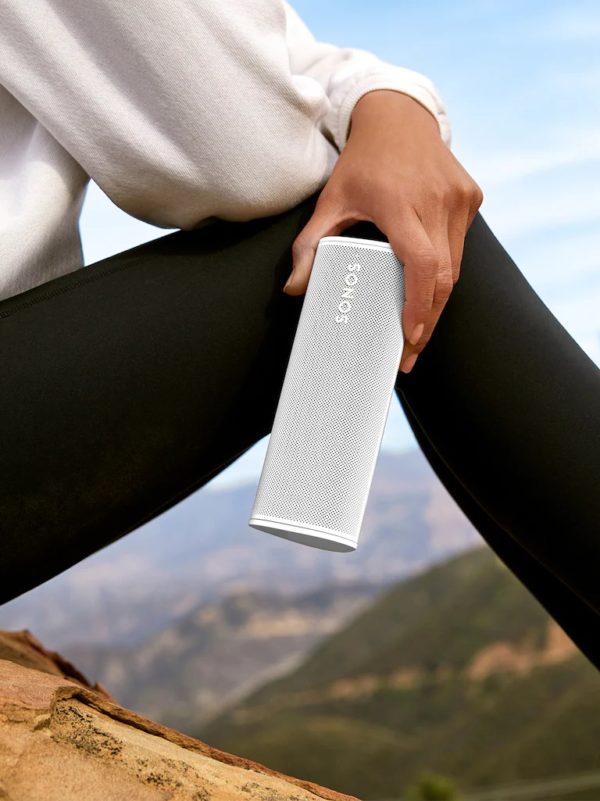
What is it?
It is a compact smart speaker, designed to bring Sonos technology and quality to the ultraportable segment of the market.
How much is it?
R3,990 at South African stores, $169 (around R2,500) online in the US, but you will have to pay shipping and customs duty if you buy it online, bringing it to a similar price.
Why should you care?
Portable Bluetooth speakers are so commonplace they are given out as cheap corporate gifts, with quality matching the price. However, there is a vast gap between a regular connected speaker and a smart speaker.
In the US, Amazon’s Echo range and Google Home dominate the latter market, but neither company sees South Africa as a worthy consumer technology market, although you can buy parallel market imports.
Sonos has stepped into the gap with an ultraportable device that supports both Amazon Alexa and Google Assistant. It can be paired with a smartphone or tablet with the Sonos S2 app.
The true smarts come in with its intelligent switching between Wi-Fi and Bluetooth. While using it at home, it links to other devices via a home Wi-Fi network. However, as soon as one leaves the confines of that network, it automatically links to one’s smartphone or other device via Bluetooth.
It is built for portability, being both lightweight and rugged. Its potential uses are underlined by rubberised end caps for rough environments like off-road driving and is rated IP67 for dust and water resistance.
That rating means it can be submerged under 1 meter of water for up to 30 minutes. No problems with dropping it in the bath or using it in the shower, then, but the big benefit comes from outdoor usage in all conditions.
What are the biggest pros?
It looks great and will blend easily into most environments, complementing a study or living room with its elegant but unobtrusive design.
It’s light and compact, weighing about a sixth of the Sonos Move, the brand’s previous portable leader.
Deep bass and a rich sound profile makes it comparable to any speaker in its price range, with the added advantage of portability and durability.
It is powered via both USB-C cable and USB power adapter and compatible with wireless chargers using the Qi standard.
What are the biggest cons?
While automatic switching between Wi-Fi and Bluetooth works well in the home, Bluetooth pairing can be tricky outside that environment, especially since the power button doubles as the Bluetooth pairing button. It can be hit and miss before connecting to a new device that has not already been paired at home.
It comes with a USB cable, but no charging brick or wireless charger, so that could set you back further if don’t want to use what you already have in this department.
It’s expensive. If you are not impressed with advanced tech or durability and have basic needs from a Bluetooth speaker, there are numerous alternatives for under R1,000.
* Goldstuck is founder of World Wide Worx and editor-in-chief of Gadget.co.za. Follow him on Twitter on @art2gee

